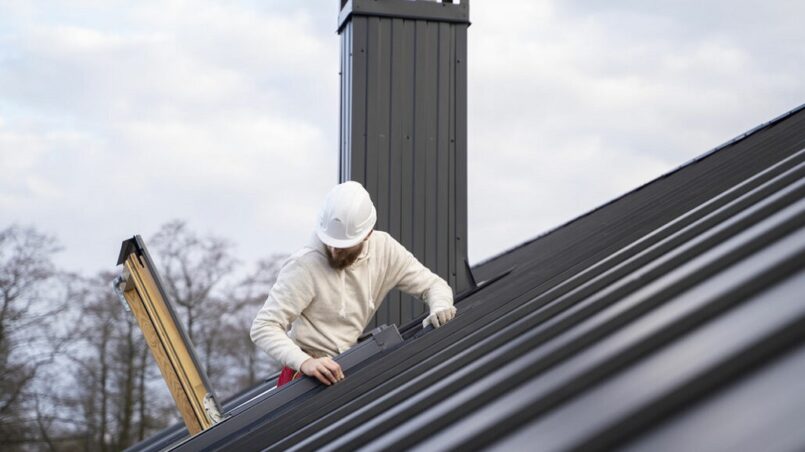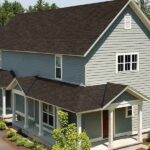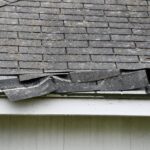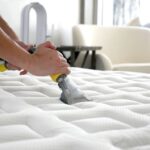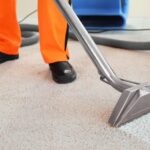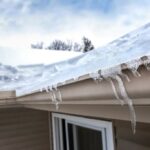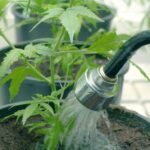Getting the most out of your energy efficiency is a concern for many homeowners. An efficient roof can lower energy costs and reduce strain on your home’s air conditioning system. The suitable roofing material, proper insulation and ventilation, and reflective coatings all help maximize your roof’s energy efficiency.
Choosing the Right Roof Material
Your home’s energy efficiency is significantly impacted by the kind of roof material you select. Some options, such as metal or clay tiles, are better than others regarding reducing heating and cooling costs—other factors to consider are the desired lifespan of the roof, its weight, and maintenance requirements. The color of the roofing material is also essential. Darker roofs tend to absorb more heat and increase the load on the air conditioning system. On the other hand, lighter colors reflect solar rays and help keep your home cool.
If you’re thinking about getting a new roof installed or replacing your old one, make sure you consult a licensed roofer. They can describe how different materials differ and how that affects the energy efficiency of your house. Sunstyle roof systems ensure your home’s structure can sustain the weight of the selected roofing material, another task a skilled roofer will accomplish. It can avoid costly structural repairs down the line.
Adding Insulation
Insulation is essential when maximizing energy efficiency, as it effectively reduces heat transfer between interior and exterior spaces. In other words, it blocks heat from escaping during the summer and prevents warm air from infiltrating during the winter, minimizing energy consumption for heating or cooling. It helps to ensure a consistent indoor temperature throughout the year, allowing building occupants to enjoy a more comfortable environment. Furthermore, insulation protects against external noise, making a home quieter and more peaceful.
Insulation is available in various forms, including fiberglass, cellulose, and foam, each with thermal properties. Choosing the right type and properly installing it is essential for maximum energy efficiency. Furthermore, it guards against moisture penetration, lowering the possibility of mold development and structural harm. It’s an excellent choice for sustainable and energy-efficient construction.
Getting a Roof Replacement
As a homeowner, there are many different things that you can spend money on to upgrade your home. However, a roof replacement is often one of homeowners’ most significant purchases. For this reason, getting the most bang for your buck is essential when investing in a new roof. One of the best ways to do this is to get a roofing contractor that offers energy efficiency improvements. These improvements can include various things, such as better attic insulation, a radiant barrier underneath the roof deck, and new ventilation systems.
Many people don’t think about their roofs when making a home improvement project, but your roofing system is crucial to keeping your indoor climate comfortable and your energy costs down. Fortunately, advancements in roofing materials and installation techniques mean that your roof can help you save on energy costs and protect your property. Talk to a roofing professional today about getting an energy-efficient roof replacement for your home or commercial building.
Inspecting Your Roof
A roof that is inspected regularly can extend its lifespan and improve the overall energy efficiency of a home. Roofing specialists must watch for roof construction flaws, such as leaks and general wear and tear. They also need to examine the attic and ceilings for signs of water penetration, which can cause significant damage inside a home. If these problems are noticed, the roof can be replaced or repaired to stop more damage.
In addition, a roofing professional should inspect the roof’s structure and determine whether it has adequate ventilation. Ventilation can help reduce a roof’s temperature, which in turn helps to prevent premature deterioration. The roofing expert should also check to ensure the roof is free from debris like leaves and tree branches. A clogged roof will keep rainwater from draining properly, which increases the risk of leaks and shingle damage.

